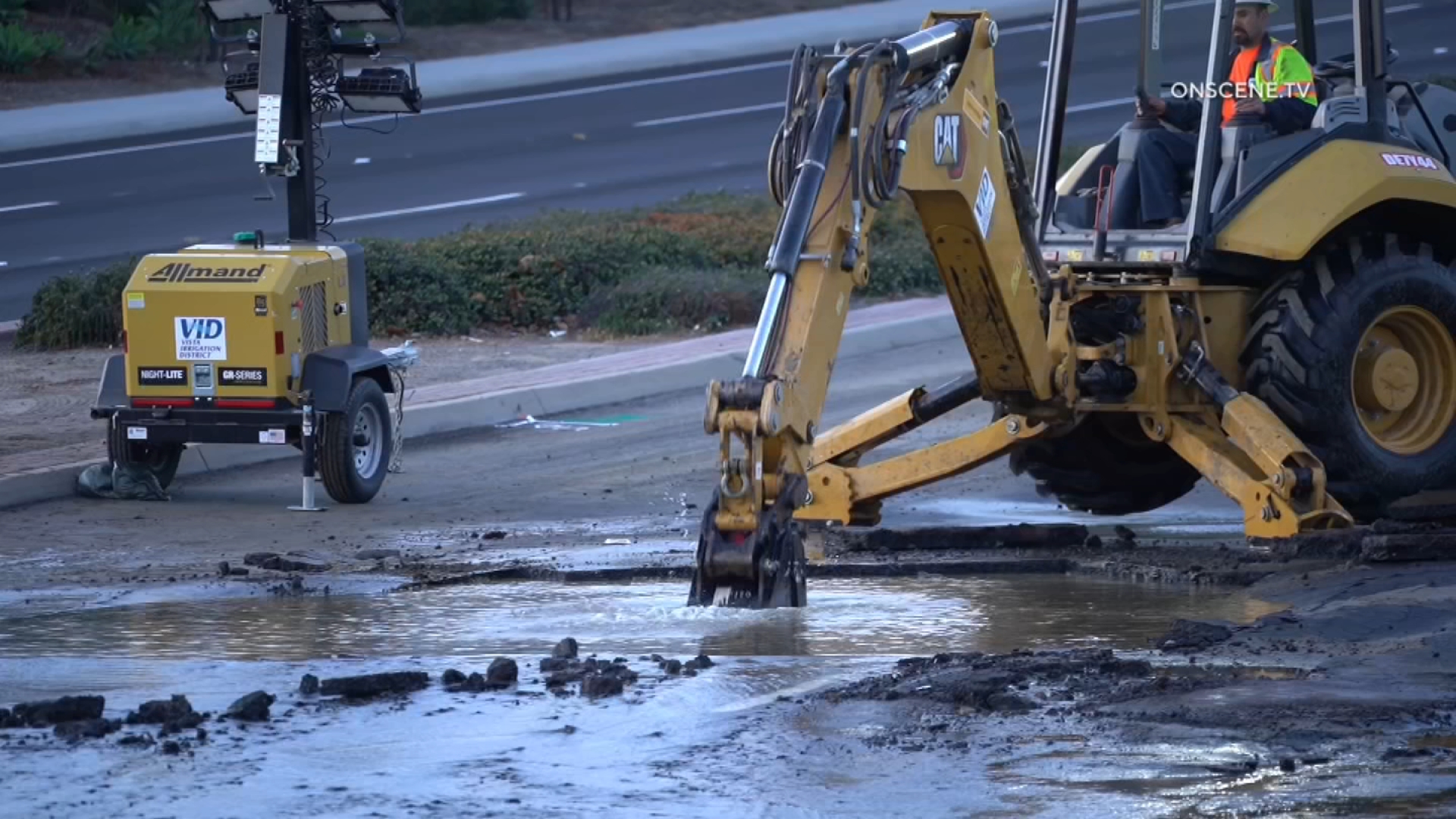Ashli Valadez shows us the clarinet she and her husband bought for their daughter three years ago. It was a Christmas present for their daughter to use in her high school marching band.
“Normally they are about $500, this one was on sale for $250,” Ashli Valadez said.
The Valadez’s bought the clarinet at McCrea Music Company in La Mesa and agreed to pay $100 as a down payment and set up an automatic monthly payment plan for the remaining amount. But, Ashli said her husband eventually noticed the monthly payments didn’t stop, even after the clarinet was paid for.
“He [Ashli’s husband] looked at his account and saw that they had taken a payment out and so we went back and looked and saw that they had been taking payments out and sometimes twice a month. And it was way over the balance of $250,” Ashli said.
In fact, after reviewing bank statements, Ashli says the music store had taken out around $27 per month for nearly two years after the clarinet was paid off. This led to an overpayment of $613. When Ashli brought it to the music store’s attention, she says the store agreed.
“They said ‘Yeah, we found the receipt. We have overcharged you and we’ll give you a refund,’” Ashli said.
Instead of writing a refund check, McCrea’s Music wanted to pay the family back in monthly installments. After a few months, Ashli said the payments stopped.
Ashli went back to the music store where she says employees promised a full refund within ten days.
“Then that didn’t happen and I haven’t been able to get a hold of them since,” Ashli said.
NBC 7 Responds went to McCrea Music Company and store owner Gentry McCrea promised to review their records. McCrea said the music store is a family owned business and recent hardships have impacted the bookkeeping.
A few days later, NBC 7 Responds returned to the music store with Ashli where McCrea issued Ashli a full refund.
“We came and got a full refund that has been owed to my family for over a year. Thank you NBC 7 Responds,” Ashli said outside of the store.
Tips for monitoring electronic accounts
When it comes to home banking, paper account statements are a thing of the past. Electronic banking is growing more and more popular as consumers would rather have 24-hour-access at their fingertips.
With electronic banking though, it can be easy to overlook a withdrawal in your account if you’re not always checking your monthly statements.
The FTC recommends being cautious before you pre-authorize recurring withdrawals to pay companies you’re not familiar with.
Monitoring your bank account to make sure direct recurring payments take place and are for the right amount is step number one in preventing mistakes with your account, according to the FTC.
A majority of the major banks offer ‘Account Alerts’ that notify you by text or email when there is any sort of activity involving your accounts, including low balances, withdrawals or large transactions taking place.
To learn more about how to protect your accounts, click here



